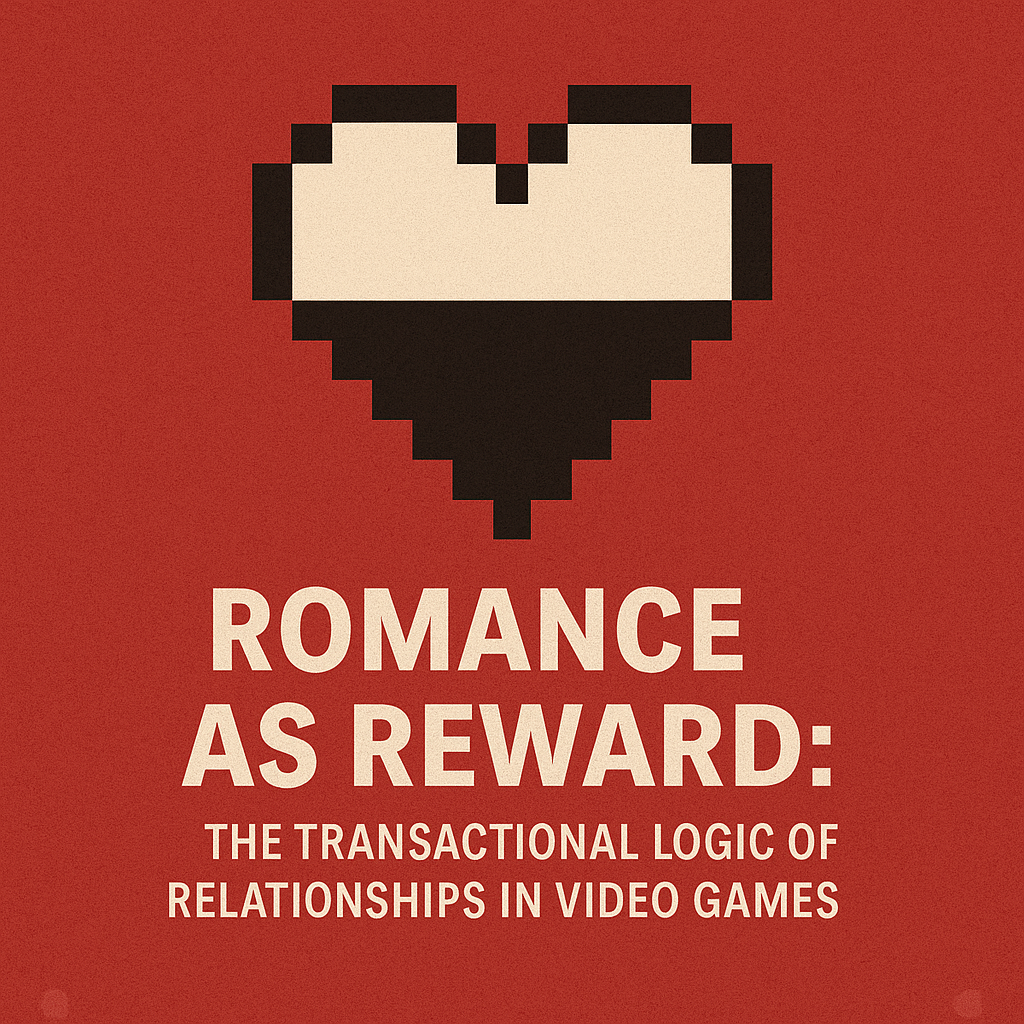Why Psychology Matters in Video Game Development
Video game development is a multidisciplinary field that blends art, technology, and storytelling. However, one of the most crucial yet often overlooked aspects of game design is psychology. Understanding human behaviour, emotions, and cognitive processes can make the difference between a game that captivates players and one that fails to engage them. By leveraging psychological principles, game developers can enhance user experience, foster deeper engagement, and drive commercial success. This article explores the intersection of psychology and game design, focusing on how psychological insights shape player behaviour, emotional responses, and overall game satisfaction.
Understanding Player Behaviour
One of the primary reasons psychology is vital in game development is its role in understanding player behaviour. Games are interactive experiences, and their success depends on how well they cater to human motivations and expectations. Behavioural psychology, particularly operant conditioning, is widely used in game mechanics. Reward systems, such as leveling up, unlocking achievements, and earning in-game currency, tap into the brain’s dopamine system, encouraging players to continue engaging with the game.
Additionally, cognitive psychology helps developers understand how players process information, make decisions, and solve problems. Concepts like cognitive load influence UI design, ensuring that menus, instructions, and on-screen elements are intuitive and not overwhelming. Games that balance challenge and reward based on player skill levels, as described by Mihaly Csikszentmihalyi’s Flow Theory, can create immersive experiences where players feel a sense of accomplishment without frustration.
The Role of Emotion in Game Design
Emotion is a driving force behind player engagement, and psychology provides valuable tools for shaping emotional responses. Narrative-driven games like The Last of Us and Red Dead Redemption 2 use psychological storytelling techniques to evoke empathy and emotional investment. Developers use character development, moral dilemmas, and player agency to create deep emotional connections, making players feel a strong attachment to the game world and its inhabitants.
Psychological theories such as the Mood Management Theory suggest that people play games to regulate their emotions. Some games offer stress relief through casual, low-stakes gameplay (e.g., Animal Crossing), while others provide catharsis through intense action (e.g., Doom). Developers who understand these emotional drivers can create experiences tailored to different player needs, increasing player retention and satisfaction.
Enhancing Engagement through Psychological Principles
Games that successfully apply psychological principles keep players engaged for longer periods. The concept of intrinsic and extrinsic motivation is key in this regard. While extrinsic motivators (rewards, achievements, leaderboards) encourage short-term engagement, intrinsic motivators (a compelling story, sense of mastery, and social connections) ensure long-term player retention.
Social psychology also plays a critical role in multiplayer and online games. Features such as cooperative gameplay, team-based objectives, and social rewards (e.g., skins, badges, or ranks) tap into players’ need for social interaction and belonging. Games like Fortnite and Among Us thrive on their ability to foster social connections and player-driven content.
Moreover, the psychology of habit formation is crucial for player retention. Games that incorporate daily login rewards, limited-time events, and progressive challenges create psychological triggers that encourage habitual engagement. This principle, rooted in behavioural economics, ensures that players keep returning, increasing the game’s commercial success.
Psychology’s Impact on User Experience and Commercial Success
A deep understanding of psychology allows developers to craft user experiences that feel intuitive, rewarding, and immersive. UX design, informed by psychological research, ensures that interfaces are user-friendly, controls are responsive, and player feedback is immediate and satisfying. Games that ignore psychological principles risk frustrating users with poor design choices, leading to negative reviews and decreased sales.
From a commercial perspective, psychology-driven strategies help maximize monetization without alienating players. Many successful free-to-play games utilize psychological pricing techniques, such as microtransactions and battle passes, which capitalize on concepts like loss aversion and the sunk cost fallacy. However, ethical considerations are essential, as exploitative mechanics can lead to backlash and regulatory scrutiny.
Furthermore, understanding player psychology allows developers to create more inclusive and accessible games. Features like customizable difficulty levels, adaptive AI, and colourblind-friendly visuals ensure that a broader audience can enjoy games, ultimately expanding the player base and increasing revenue.
Simply Put
The intersection of psychology and video game development is a powerful space where science and creativity meet. By understanding player behaviour, emotions, and engagement patterns, developers can design games that are not only enjoyable but also deeply immersive and commercially successful. Whether through cognitive psychology’s influence on UI design, emotional storytelling, or behavioural psychology’s role in habit formation, psychology remains a fundamental pillar of effective game development. As the gaming industry continues to evolve, the role of psychology in shaping future gaming experiences will only become more critical.
References
Csikszentmihalyi, M. (1990). Flow: The Psychology of Optimal Experience. Harper & Row.
Skinner, B. F. (1953). Science and Human Behavior. Free Press.
Koster, R. (2004). A Theory of Fun for Game Design. Paraglyph Press.
Juul, J. (2010). A Casual Revolution: Reinventing Video Games and Their Players. The MIT Press.
Lazzaro, N. (2004). Why We Play Games: Four Keys to More Emotion Without Story. XEODesign.
Cialdini, R. B. (2001). Influence: Science and Practice. Allyn & Bacon.











